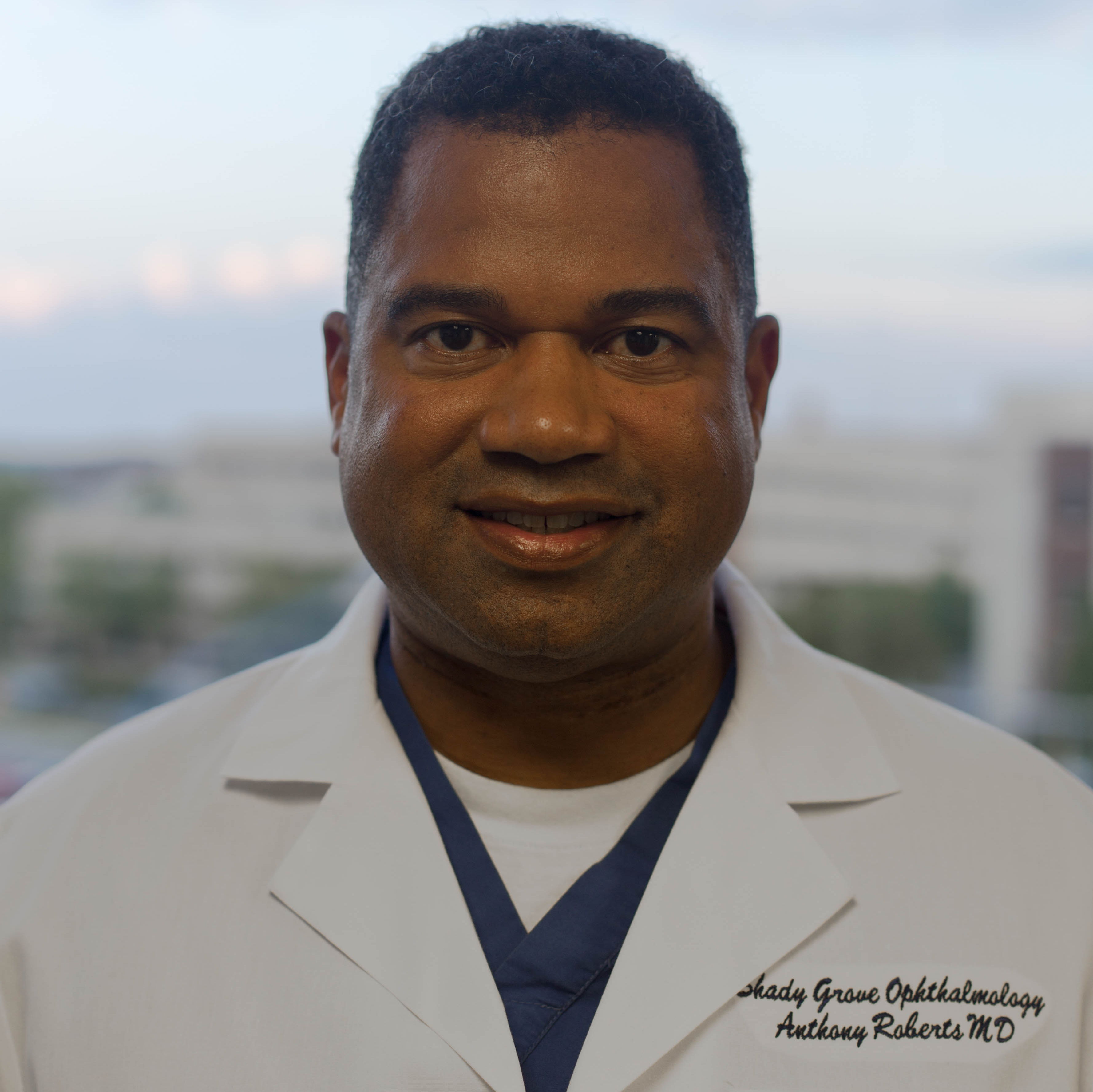“Cataracts?”
Male | 75 years old
Complaint duration: 5 days
Medications: thyroid, simvastatin
Conditions: none

10 Answers
OphthalmologistOphthalmologistDr. LMJ
Ronald N. Gaster, MD, FACS
Frank Cao
Stephen Hamilton, MD
First, separating the surgeries insures that unlikely contamination and infection won’t afflict both eyes. Theoretically, same day surgery makes such an event more likely! Second, occasionally, the vision doesn’t recover for a day or so after surgery, leaving a patient at risk of reduced function in the operative eye. If both eyes are done sequentially in the same day and similarly affected, there is a risk of overall poor function for a finite period! This is basically risk averse behavior. Historically, it was thought best to allow one eye to recover completely before doing the other and this became a “standard of practice”. Physicians, like everyone else, are often resistant to change! Fourth, the surgeon may learn from the first surgery and thereby have an opportunity to adapt the second surgery to refine the outcome!
And last, you knew I get to this, is the fact that insurance companies like Medicare will only pay 50% of the standard fee for a second or subsequent surgery performed at the same surgical setting! Margins are tight these days and neither surgeons nor surgery facilities can really afford that hit! Cataract surgery depends on expensive technology, and regulatory compliance is adding to costs while payments are being reduced.
The push to bilateral same day cataract surgery is being motivated by trends in other countries where it is more commonly done!
Hope this answers your question!
Glenn N. Pomerance, M.D.
Chattanooga, TN











